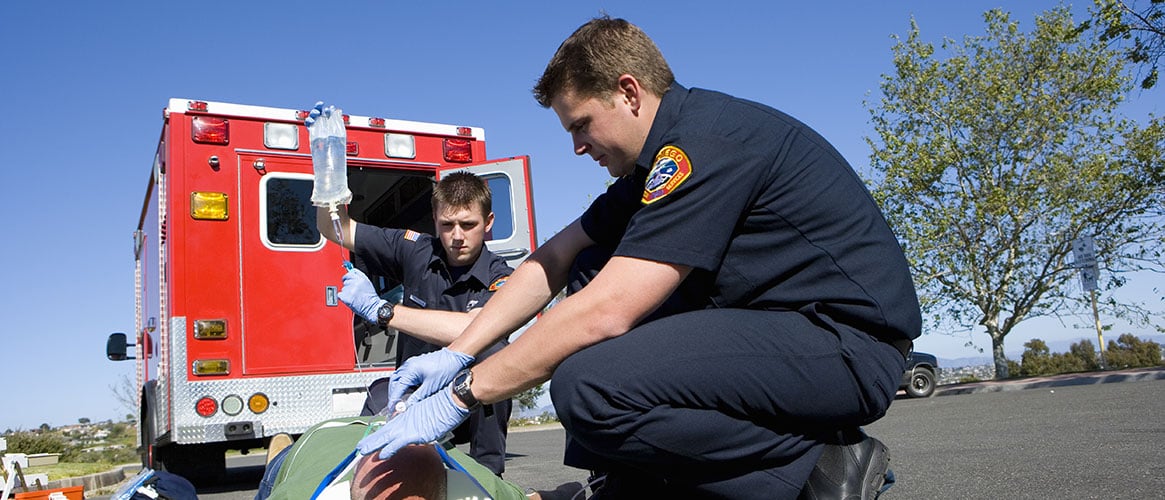Cal/OSHA’s regulations for reporting serious injuries and illnesses changed, January 1, 2020, as two new laws took effect. Assembly Bill (AB) 1805 addresses the definition of a serious injury. AB 1804 calls for a new reporting method for these injuries. Failure to follow these rules results in a citation with a $5,000 penalty.
In California, employers must report deaths, serious injuries, and serious illness to the nearest Cal/OSHA district office, immediately. Immediately is defined as “as soon as practically possible” but no later than eight hours after learning of the event. And, this injury reporting standard is among the standards most frequently cited for violation by Cal/OSHA.
Assembly Bill 1805 – definition of serious injury in California
AB 1805 expands the number and type of workplace injuries that employers must report to Cal/OSHA. A serious injury or illness is one that occurs in a place of employment or in connection with any employment, and results in inpatient hospitalization for reasons other than medical observation or diagnostic testing. The definition also includes those who suffer an amputation, loss of an eye, or any serious degree of permanent disfigurement. In the past, you only needed to report hospitalizations if they exceeded 24 hours.
The law also contains exemptions for some special circumstances, but AB 1805 modifies those exemptions. For example, you must now report serious injuries sustained by workers in a construction zone on a public highway.
Assembly Bill 1804 – new reporting method
Under AB 1804 employers report a death, serious injury, or serious illness to Cal/OSHA by phone or through an online reporting system that Cal/OSHA still needs to develop. For now, you can submit your reports by phone and email. Faxed reports are no longer allowed. And, once the online system is in place, the email option is also no longer available.
To avoid potential citations, ensure that all employees know how to report work-related accidents to management in a timely manner. Your managers, meanwhile, must know how and when to contact Cal/OSHA. Be sure to train them on the new rules as soon as possible. Reports must come from you, the employer of the injured worker. Third parties, such as insurance companies, may not act on your behalf.
